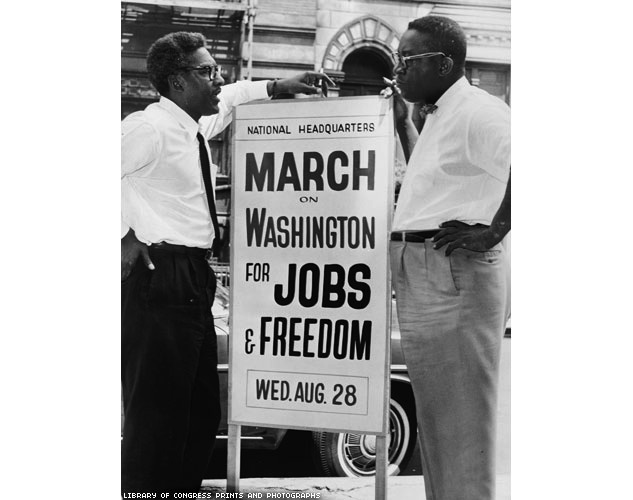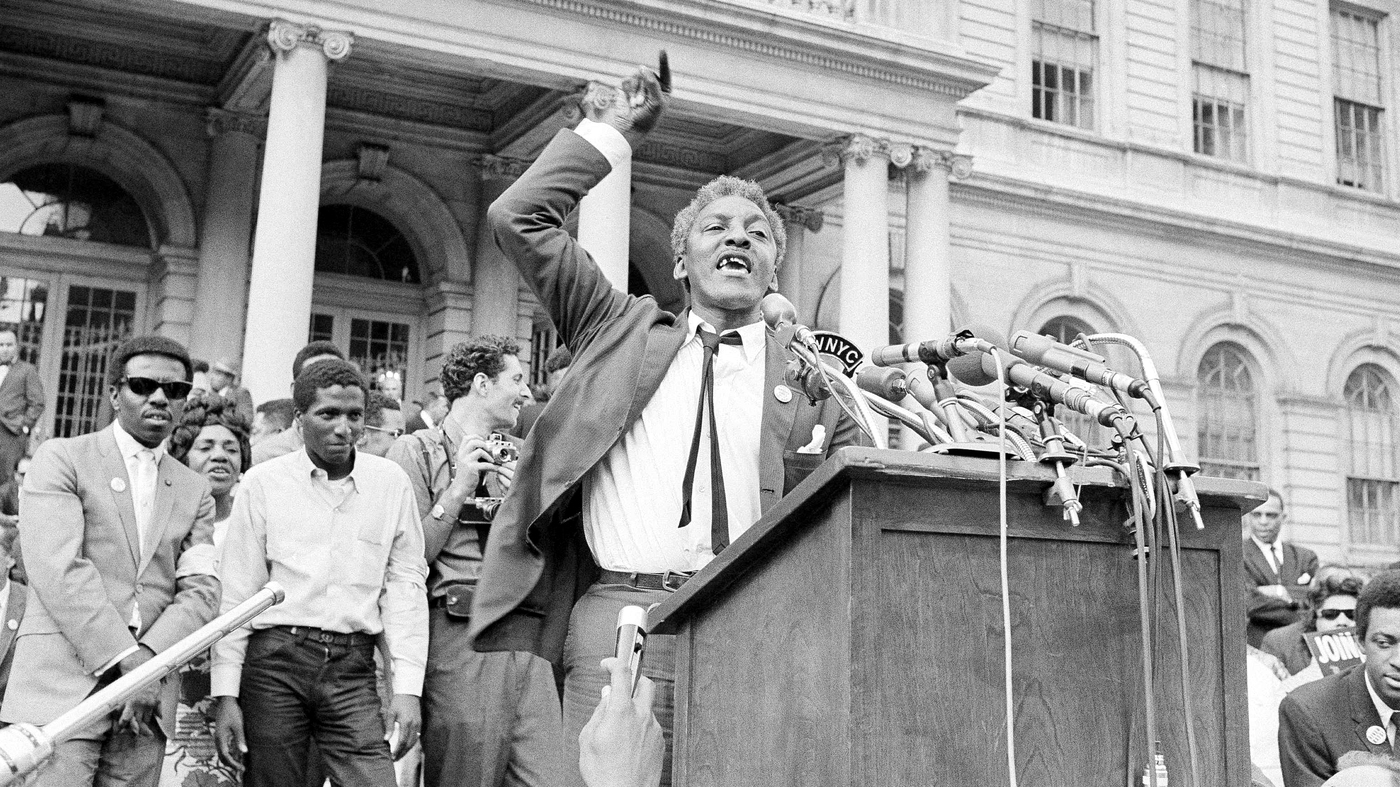BREAKING BARRIERS IN HISTORY- March on Washington

Rustin, a formidable organizer and central figure in the civil rights movement, was the main organizer of the March on Washington. It was organized by trade unionists, civil rights activists, and feminists, most of which were African Americans. The protest would adopt non-violent direct action not only as a strategy, but a principle. Bayard once said, "The only weapons we have is our bodies."
The protest drew nearly a quarter-million people to the nation's capital. The march was a protest for jobs and freedom. It was to advance a program for economic justice, not to break down racial barriers to voting rights education, or public accommodations. It was considered one of the largest and most successful gathering of union members the country has ever seen.
The massive turnout of this protest set up for the passage of the Civil Rights Act of 1964, and the addition to the law of a Fair Employment Practices clause, which prohibited employers, unions, or government officials from discrimination against workers on the basis of race, religion, origin, and sex.

Rustin was an openly gay man, an aspect which was considered a liability in the early sixties. But his position became unsafe because of his arrest in Pasadena in 1953, and was sent to jail for 60 days. Some people thought all of that made him too much of a liability to be associated with the march, especially Roy Wilkins, the leader of the NAACP (National Association for the Advancement of Colored People).
Wilkins argued that he didn't want Bayard leading the march because he didn't want to defend the draft dodging, it was never about defending homosexuality, it was about promiscuity. He couldn't get himself to defend him. But Wilkins did not get his way, and Rustin was able to lead the march.
The headquarters for this protest was a rented, run down former church in Harlem. It ran on adrenaline and excitement with everybody working from early in the morning until late at night. Rustin was always busy, interrupting conversations to answer phones. "I had had many differences with Bayard in the past and was destined to have more differences with him in the future," said the civil rights leader James Farmer in his autobiography. "But I must say that I have never seen such a difficult task of coordination performed with more skill and deftness."
Other Accomplishments